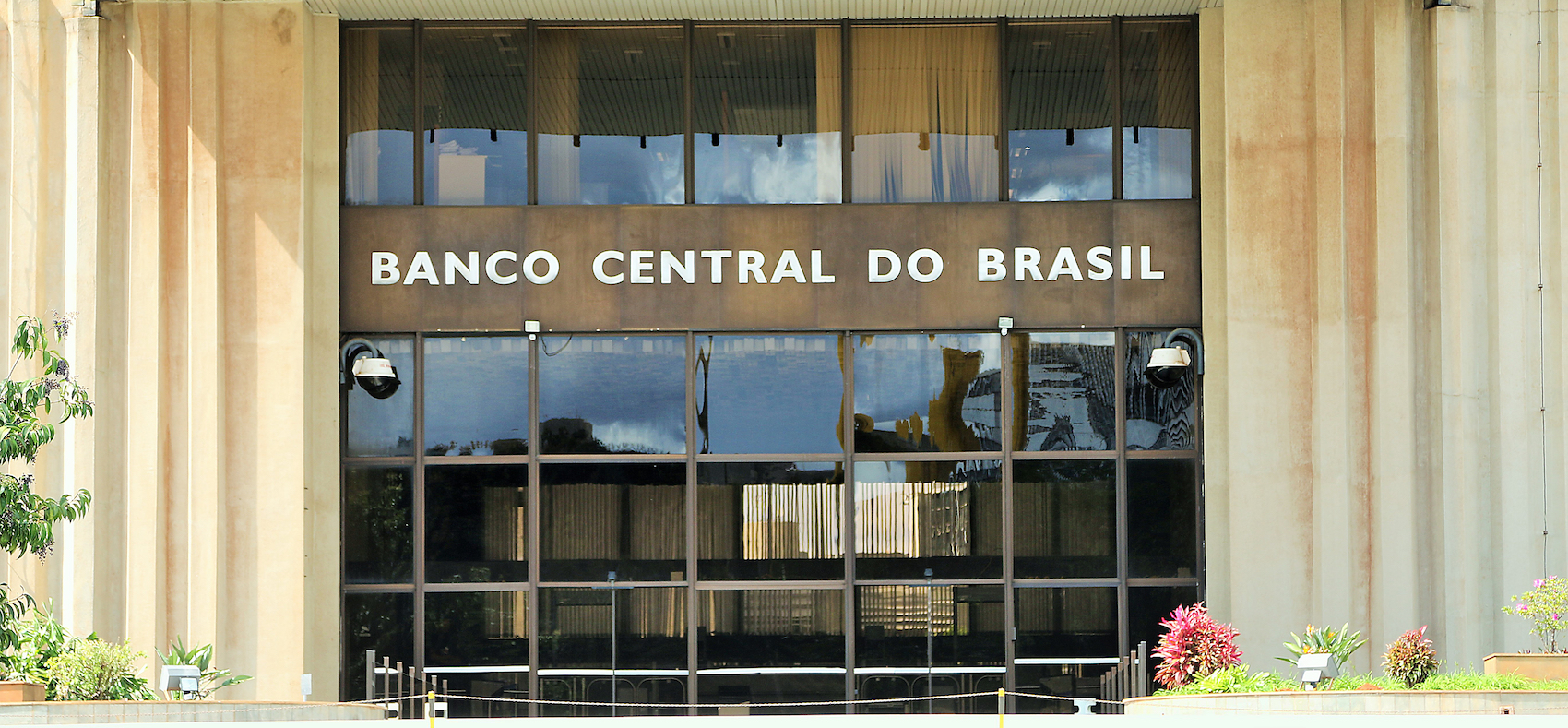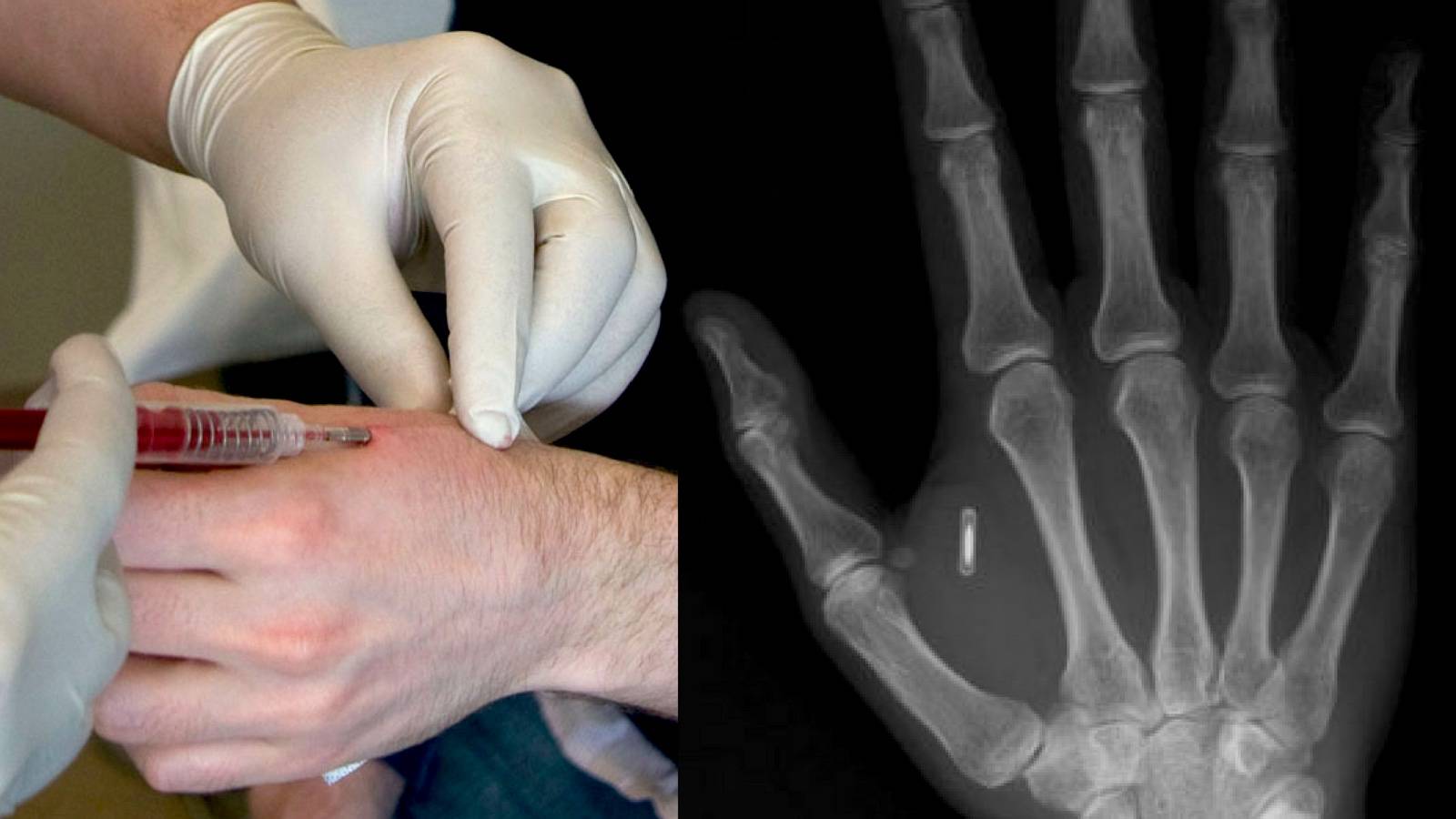Sam Altman, CEO of OpenAI, today announced that Worldcoin, an iris-scanning cryptocurrency, has started offering services globally. However, depending on where users are located, the degree to which Worldcoin really fulfills its promise of a “new global digital currency” may differ significantly.
On Monday, Worldcoin announced that it has started formally distributing both its “WLD” cryptocurrency tokens and its “World ID” decentralized identity protocol. Users can submit their iris scan to a nearby “orb” device in one of the 35 cities where Worldcoin is accepted and get a portion of WLD “simply for being human.” Since the firm’s founding in 2019, two million volunteers’ World IDs have purportedly been verified at orbs in 30 different countries, while many in developing nations have complained they never actually received any money in exchange for giving the corporation their eyeprints.
The project, which, like India’s Aadhaar, uses a spooky basketball-sized metal orb to verify people’s identities through eye scans, could help distinguish humans from robot armies and serve as a unique identifier to facilitate the tech world’s preferred method of economic redistribution: universal basic income, according to Altman.
“Worldcoin is an attempt at global scale alignment, the journey will be challenging and the outcome is uncertain,” co-founders Alex Blania and Altman wrote. “But finding new ways to broadly share the coming technological prosperity is a critical challenge of our time.”
During its beta phase, the business claims it was able to sign up more than 40,000 people every week for its World ID program. Worldcoin claims that by raising its global orb capacity to 1,500, it will be able to handle five times as many sign-ups. When approached for comment, Worldcoin referred Gizmodo to the creators’ announcement letter.
Top tech investors like Andreessen Horowitz and LinkedIn co-founder Reid Hoffman have invested hundreds of millions of dollars in the popular startup, in part to address the alleged age of AI-amped economic disparity expedited by businesses like Altman’s OpenAI. Supporters of universal basic income, including Altman and former Democratic presidential candidate turned cryptocurrency shill Andrew Yang, think it might give people who might be replaced or rendered obsolete by AI systems a stable economic base. In the instance of Worldcoin, that redistribution idea depends on the performance of its WLD token. According to CoinMarketCap
, the token’s price soared on Monday from its launch price of $1.70 before falling back down to $2.35.
However, the United States is one significant market where Wordcoin’s redistribution vision won’t function as intended. According to reports, it is now too hazardous for the company to completely operate in one of the home counties of its creator because of uncertainty brought on by the Securities and Exchange Commission’s recent assault on cryptocurrencies. Altman, who has spent the majority of the last six months deftly influencing US lawmakers to take a moderate approach to AI legislation, appeared less interested in taking on crypto authorities in a struggle that would become more and more difficult.
“When we started thinking about this, we didn’t think it would end up as ‘world minus the US coin’ and here we are,” Altman said in an interview with the Financial Times. “I’d say there’s 95 per cent of the world’s population not in the US. The US does not make or break a project like this.”
Blania, the company’s other co-founder and CEO of Tools for Humanity, would rather the public not associate Worldcoin with the crypto industry at all.
“Crypto is hopefully a label that will get dropped over the coming years anyways, and it’s just essentially the technology that you use to build certain products,” Blania said during an interview with Bloomberg News.
Worldcoin off to a rocky start
On its way to a formal launch, Worldcoin has to overcome a number of obstacles. Hundreds of complaints from Orb customers worldwide who claimed they were never reimbursed after giving up their Iris scans were highlighted in a BuzzFeed News investigation into the company. The employees in charge of persuading people to look up at the $5,000 devices, known as orbs, have similarly complained of harassment, arrests, and unpaid bills.





























CoreyusEro
August 5, 2023 at 9:42 am
cat casino регистрация на сайте
казино cat
Уникальность Cat Casino заключается в том, что здесь представлены не только классические игровые автоматы, но и уникальные слоты с необычными сюжетами. Почувствуйте себя настоящим исследователем древних цивилизаций в игровом автомате “Потерянные реликвии”, или отправьтесь в захватывающее космическое путешествие с “Галактическими джекпотами” — выбор за вами!Необходимо отметить, что игровые автоматы Cat Casino отличаются от остальных. Ведь они созданы с любовью и заботой, чтобы каждый наш гость чувствовал себя волшебником удачи. Коллекция наших слотов — это творение настоящих мастеров, в которых переплетаются волшебство и азарт.